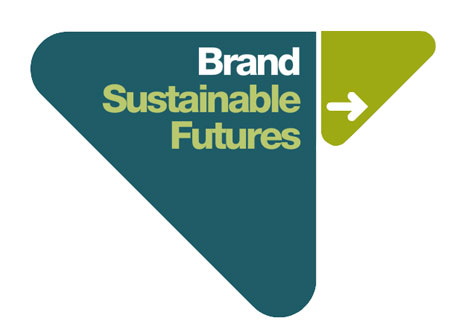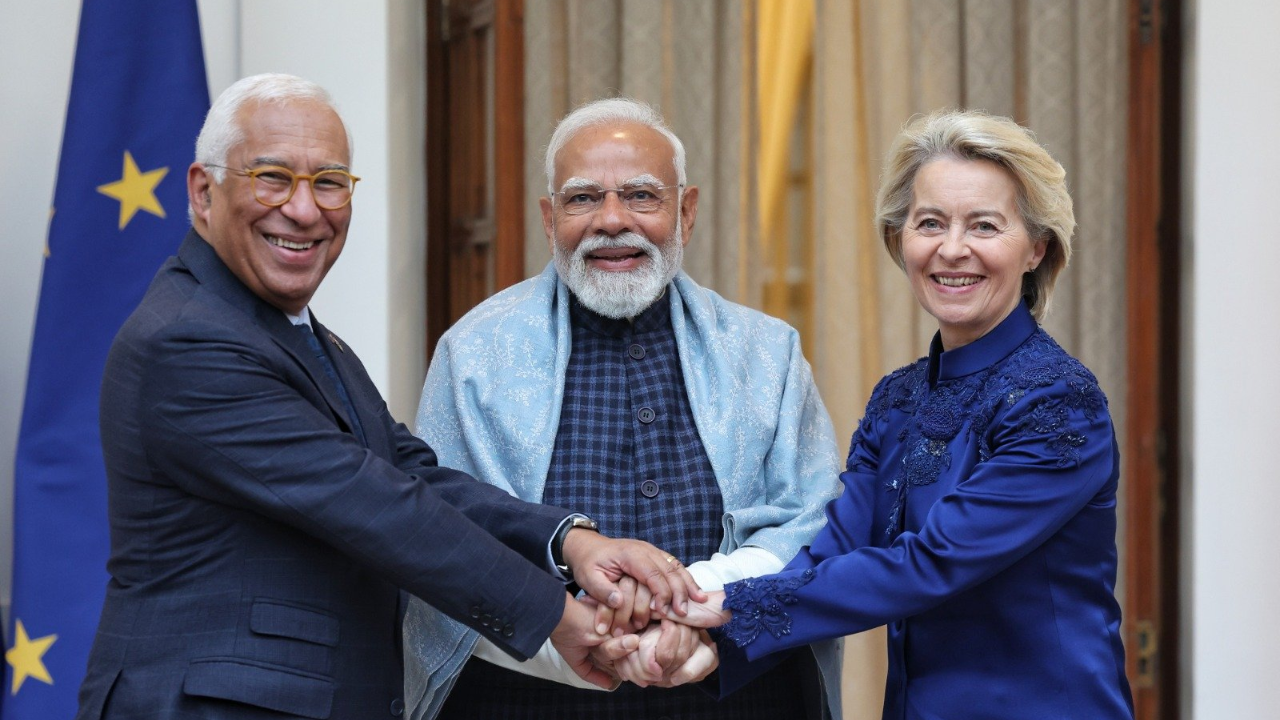Havas Media and MPG’s Brand Sustainable Futures (BSF) report, released today, has revealed that Indian consumers are more likely to consider environmental and social aspects when making purchase decisions than any among nine nations surveyed. The analysis also shows that while Indian consumers are one of the most receptive consumers globally, Indian companies remain ambivalent over the relevance of sustainability on their brands.
BSF is the group’s first framework to help companies build strong and meaningful brands using sustainability as a key platform. The model evaluates, tracks, and compares how a firm’s sustainable endeavours resonate with consumers and the consequent impact they make on its brand equity.
Vishnu Mohan, CEO of Havas Media and MPG Asia Pacific said: “As a strongly committed group, we believe we have the responsibility to use our expertise in communications to explore new ways of addressing some of today’s key challenges faced by CEOs, CMOs and brand managers. The most important challenge today is how to build a meaningful brand in this era of transparency, sustainability and mistrust. Today it’s important for brands to make a difference rather than just be different. This approach will contribute to building consumer trust and sustained results for brands.”
Anita Nayyar, CEO of Havas Media and MPG India, added: “Successful companies in India understand that sustainability in a key concern for Indian consumers and have made an effort to engage them through their sustainability profile. Our research clearly shows that brands can redefine their relationships with consumers and other key opinion formers through sustainability.”
The research covered over 30,000 consumers in nine countries: Brazil, China, France, Germany, India, Mexico, Spain, UK and the US; and, explored 150 brands across 10 different industries.
Environmental pollution is the major issue of concern for Indian consumers with 57% ‘very concerned’ about it, compared to 35% of global respondents. The report sums up that the main barrier to buying responsible products in India is availability and lack of information. At 25%, India also contains the largest proportion of, consumers who feel highly concerned about sustainability issues and who feel powerless in their ability to do anything about them.
Indian consumers appear to have higher than average expectations of companies in terms of sustainable endeavour and there is a stronger feeling of empowerment. They are also more active in recommending products/brands (97% compared to 90% globally), rewarding responsible companies (88% compared to 80% globally) and in particular when it comes to seeking out information about corporate behaviour (84% compared to 63% globally). Appreciation for companies that partner with a charity or NGO has increased since 2009, with 83% agreeing this year compared to 73% in 2009.
Globally it was found that the vast majority of mainstream consumers would not care if two thirds of today’s global brands disappeared in the future.
MPG’s 2010 global analysis also demonstrates the more sustainable the brand is perceived, the more meaningful it becomes to consumers. MPG concludes that the 33 percent of brands that are considered meaningful are redefining and rebuilding their relationships with consumers through sustainability.
In India, Tata, Reliance, ITC and Nokia are perceived to be the top socially and environmentally responsible companies. Despite environment being a primary concern for Indian consumers the biggest driver of BSF Quotient ranking for top brands is Marketplace Responsibility. TV advertising is considered the top media channel for communicating CSR initiatives, as are newspapers and magazines in India.
Digital media and indirect communication channels (comments from employees, friends and family, key opinion leaders, experts, NGOs, certification labels etc) are becoming pivotal platforms for brands when it comes to sustainability. However, unlike global findings, results in India show that company communications and corporate events would be sufficient to make consumers believe in a company’s commitment to the environment and society. Across most other countries, independent certification marks, word of mouth and comments from experts would be required.




